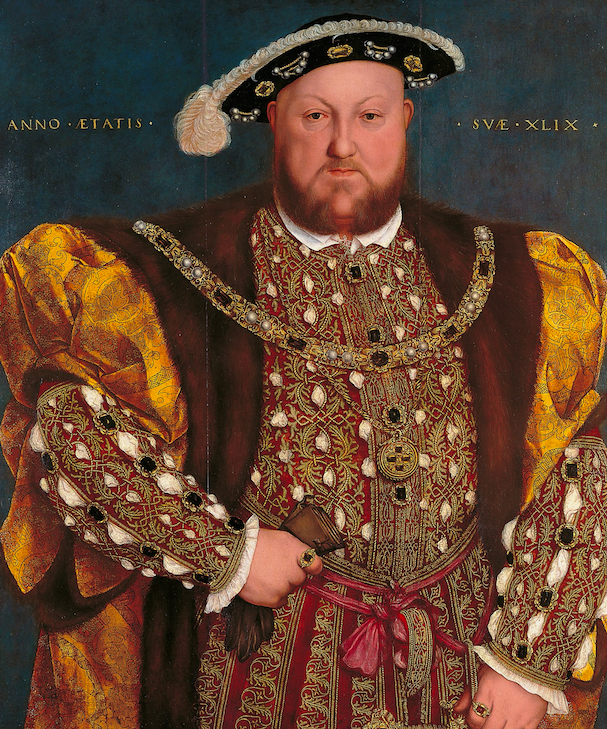The most important UK law for 40 years - what is the Great Repeal Bill?

It is the most significant British law in four decades, but just what is the Great Repeal Bill?
Theresa May plans to trigger Article 50, the formal notification of Britain’s intention to leave the European Union, on Wednesday.
It has been reported that the prime minister will publish a white paper the following day on the government’s Great Repeal Bill.
MORE: Someone is ‘protecting’ Madeleine McCann’s kidnapper, top detective claims
MORE: Shoppers injured after escalator reverses direction and doubles speed
If passed, the legislation will repeal the European Communities Act 1972, which allows EU laws to take effect as national laws in the UK.
WHAT IS THE GREAT REPEAL BILL?
If passed, it would bring an end to the supremacy of EU law in the UK. It was announced by Theresa May at the Conservative Party conference last year.

According to reports, its details will be published in a government white paper on Thursday, the day after Article 50 is triggered.
WHAT WILL IT MEAN?
The Great Repeal Bill means all EU laws will become UK laws. After Article 50 is triggered, laws made in the past 40 years while the UK was in the European Union will continue to apply.
Although the bill repeals the European Communities Act 1972, it also transfers existing EU laws on to the UK statute book.
WHY IS IT NEEDED?
If Britain left Europe without carrying over EU laws, it would create huge uncertainty over existing regulations on workers’ rights, the environment and financial services.
The government says it wants to avoid creating a ‘black hole in our statute book’.
The government has said it wants ‘a calm and orderly exist’ from the EU, and the time to examine, amend or abolish certain European laws.
WHAT’S ALL THIS ABOUT HENRY VIII?
Because of the time it would take to go through thousands of EU laws, ministers are expected to change primary legislation (government bills) using secondary legislation (orders that go through parliament with less scrutiny.

Critics of the government plans have called this the ‘Henry VIII clause’, in reference to the former king who forced through several pieces of legislation without parliament approval.
HOW WILL THE BILL BE SCRUTINISED?
The bill will be examined through debates in the House of Commons and the House of Lords, as well as in select committees.
It will have to be approved by both houses before it can be passed into law.
WHEN WILL THE BILL BECOME LAW?
The government says the bill will come into force on the day Britain leaves the EU. This could be two years after Article 50 is triggered, or even later.

 Yahoo News
Yahoo News 

